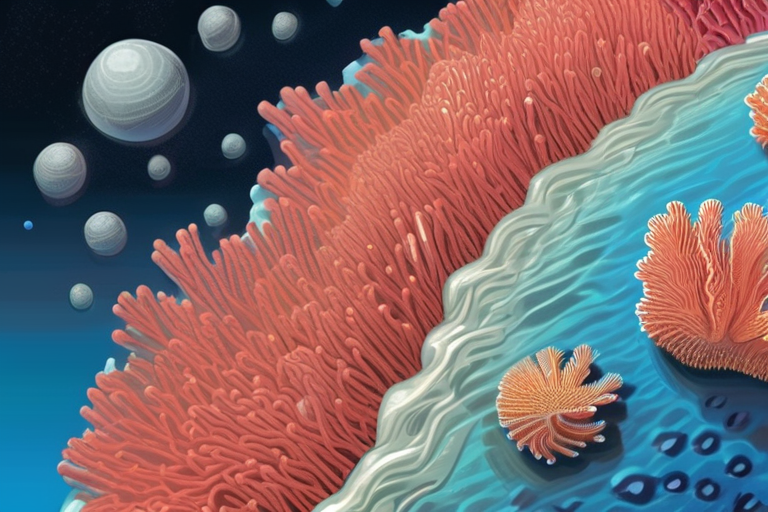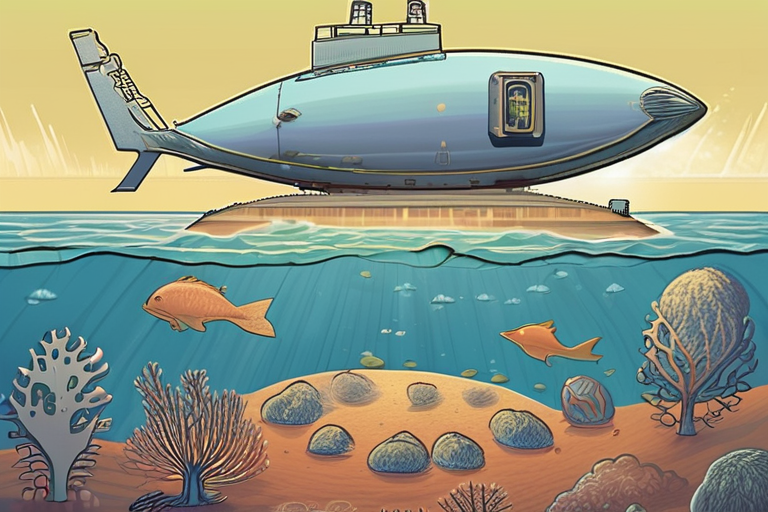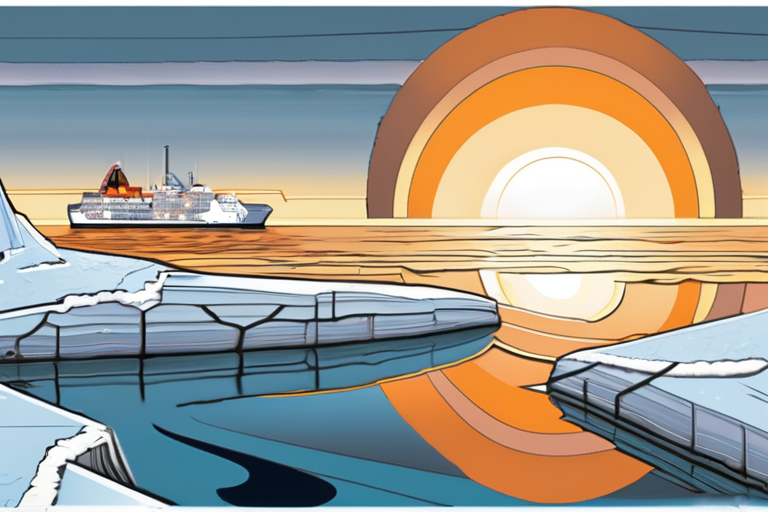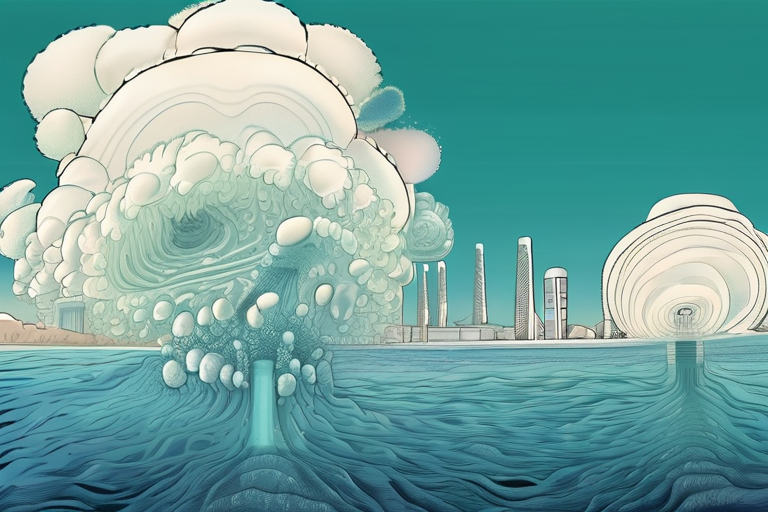Coral Collapse Sparks First-Ever Climate Tipping Point on Earth


Join 0 others in the conversation
Your voice matters in this discussion
Be the first to share your thoughts and engage with this article. Your perspective matters!
Discover articles from our community

 Hoppi
Hoppi

 hoppi
hoppi

 Hoppi
Hoppi

 Hoppi
Hoppi

 Hoppi
Hoppi

 Hoppi
Hoppi

New Zealand's Oceans Warming at Alarming Rate, Putting Homes and Industry at Risk A new government report has revealed that …

Hoppi

Global Warning: Our Future in a Warmer World A three-part series by Philip Boucher-Hayes has shed light on the harsh …

hoppi

Breaking News: Ocean Heatwaves Disrupt Earth's Hidden Climate Engine A groundbreaking study by the Monterey Bay Aquarium Research Institute reveals …

Hoppi

New Zealand's Oceans Warming at Alarming Rate, Putting Coastlines at Risk A new government report has revealed that New Zealand's …

Hoppi

Antarctica May Have Crossed a Climate Tipping Point, Raising Concerns for Rising Seas LONDON (AP) - Scientists warn that Antarctica …

Hoppi

The Ocean's Carbon Toilet Clogged: Marine Heat Waves Alter Phytoplankton Composition A recent study has revealed that two major marine …

Hoppi